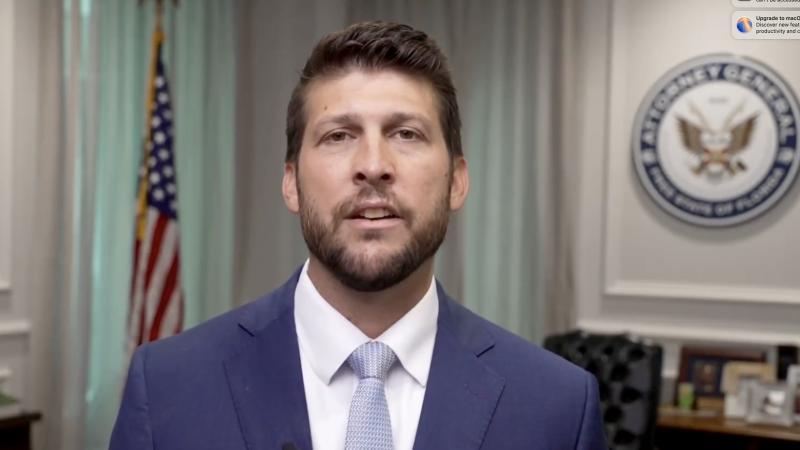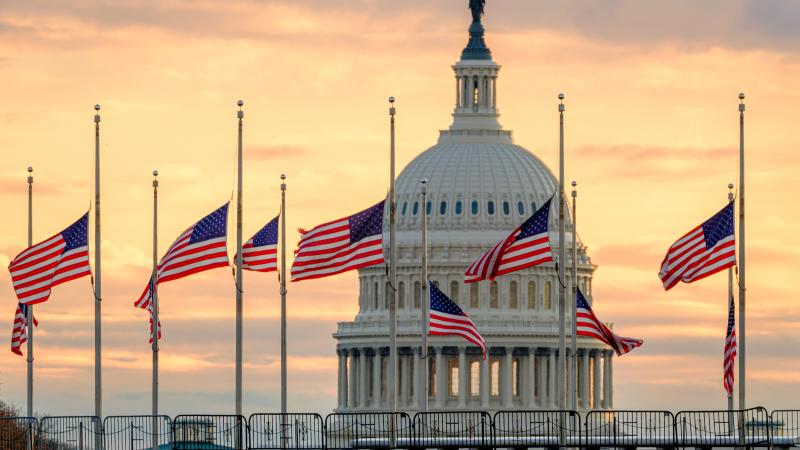Charter schools get a big boost with new law in West Virginia
State now allowed to approve 10 new charter schools every three years, which more than triples previous number.
In a win for school choice supporters, West Virginia will be able to markedly expand charter schools under a new law that took effect this month.
Under House Bill 2012, the state will be allowed to approve 10 new charter schools every three years, which more than triples the previous allowance of three new schools per three years. The bill also expands the program by allowing the state to approve virtual charter schools at the county level.
The new law still limits the impact charter schools can have in the state: only 10% of students statewide can be enrolled in any charter school and only 5% of students statewide can be enrolled in a virtual charter school.
“We’re a diverse state,” bill sponsor and House education chair Joe Ellington, R-Mercer, said in a statement when the legislation passed. “We have different geographic regions that have different needs. This just gives opportunity. If people don’t want to take advantage of that opportunity, they don’t have to. It’s strictly voluntary.”
Republicans passed the bill after winning supermajorities in both chambers of the state legislature during the 2020 elections. The legislation earned support from school choice groups that argue it will increase competition and provide more options for parents and students. The bill was strongly opposed by teachers unions and Democratic leadership because it would divert some money away from the public school system and toward the charter schools.
Democrats who opposed the bill offered amendments to put harsher caps on the charter schools, but ultimately failed. Sen. Mike Romano, D-Harrison, supported an amendment to put the cap at 1,500.
“This is a great big experiment to which nobody knows what the answers are,” Romano said in a statement upon the bill’s passage. “We’re playing with anywhere from $200 million to $400 million of our tax dollars depending on enrollment in these various charter schools. That’s crazy.”
Another bill that went into effect late last week eased the requirements for teacher certification. Senate Bill 14 will allow people to get a teaching job without a degree in education or a related field. It requires the person to have any bachelor’s degree, pass a background check and either complete a state recognized teacher training course or pass a competency test on the matters about which they will teach.
Legislation that will allow parents to use public money to enroll their children in private schools rather than public schools will go into effect in about two weeks. House Bill 2013 would redirect money that would have otherwise been used to provide the child with a public education.













